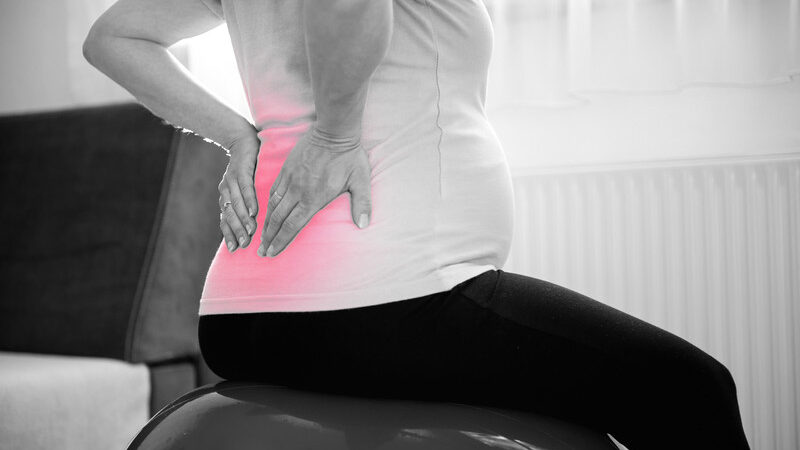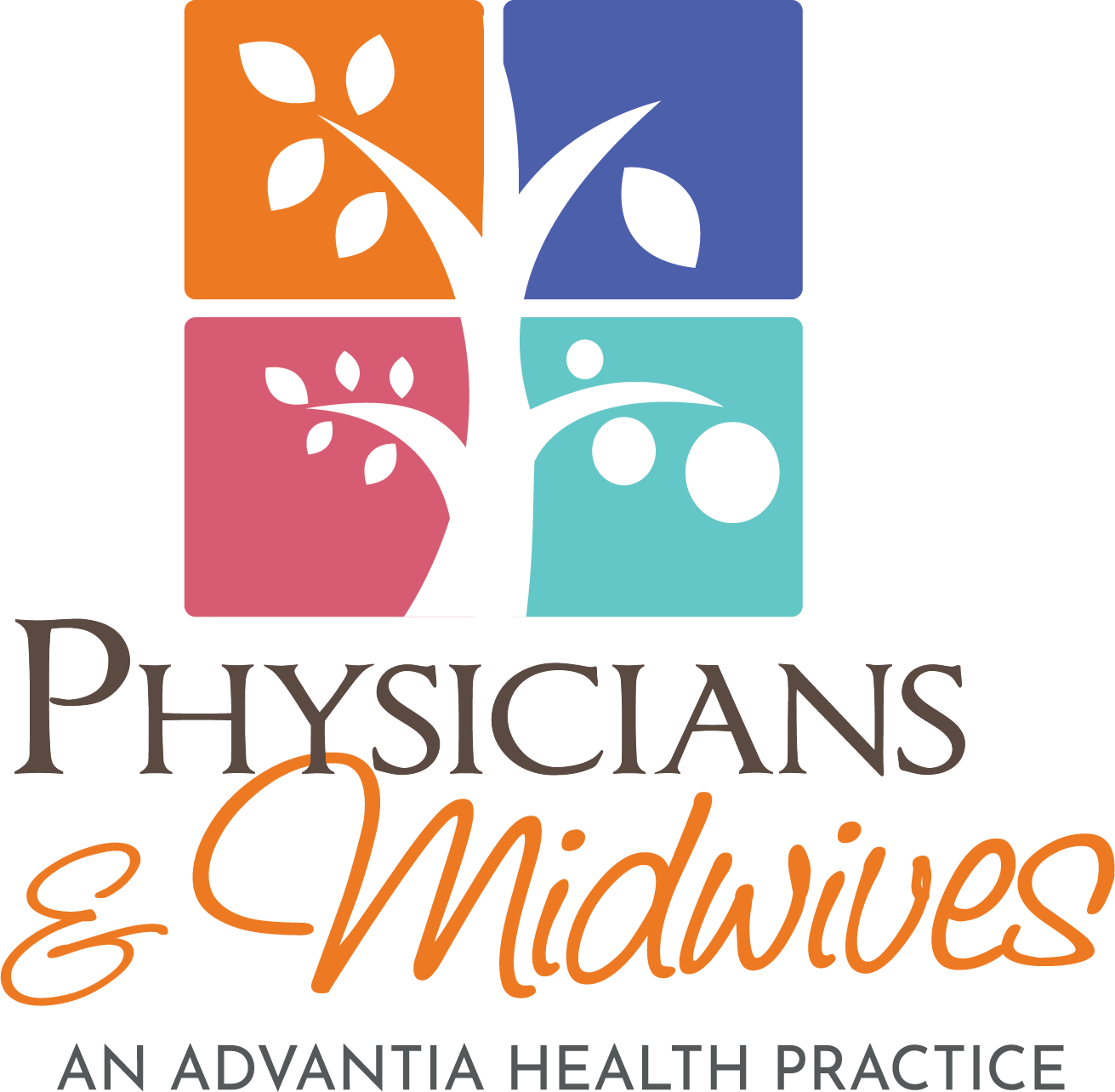
Even the slightest pain during pregnancy is enough to send a woman into a panic about the health of her baby. As a mother-to-be, there’s nothing you want more than to deliver a healthy and happy baby. With all of the changes your body will go through over the course of your pregnancy, there are bound to be some aches and pain. Today we’re going to talk about what’s normal and what isn’t when it comes to pain in pregnancy to help set your mind at ease and give you some idea of what you can expect to feel. Of course, you can book an appointment with one of our midwives or nurse practitioners anytime if you’re concerned.
Back Pain
Back pain is one of the most common pains experienced during pregnancy. Between the extra weight on your back and abdominal muscles and the changes in your posture; pain in the upper and lower back is to be expected. Regular prenatal appointments with one of our midwives or nurse practitioners are the perfect opportunity to talk about your discomfort and what you can do. Keeping your weight gain within the recommended range of 25 to 30 pounds can help. Your weight is just one of the many things that is monitored by your nurse practitioner or midwife during your pregnancy.
Sciatica
If you experience pain that affects your lower back, buttock, hip, and leg, then chances are that you’re experiences sciatica. This type of pain is quite common in pregnancy and usually the result of pressure on the sciatic nerve caused from your growing baby. The pain can be sharp and you may even experience numbness. If the pain becomes severe or constant, make an appointment to have it checked out right away to rule out any other issues.
Foot and Leg Pain
Foot and leg pain during pregnancy is fairly common as your feet and legs swell and your shoes begin to fit tightly. Varicose veins are also a problem that affects approximately 20 percent of women during pregnancy. The extra blood circulating in your body during pregnancy places pressure on the veins, which also adds to your leg pain and tiredness. Leg cramping is also fairly common during pregnancy. It’s important to note that while some swelling is to be expected, if you experience swelling of the face and hands or swelling increases suddenly, then this could be a sign of a pregnancy complication, such as preeclampsia. Severe or sudden swelling should be looked into immediately. Same day appointments with our doctors and nurse practitioners are available by calling the office or booking online.
Abdominal Pain
Abdominal pain is by far the scariest pain a woman can experience during pregnancy. Fortunately, most abdominal pain experienced during pregnancy is normal and simply due to your growing belly.
Some common causes of abdominal pain in pregnancy include:
- Gas and constipation, caused by the higher levels of the hormone progesterone during pregnancy.
- Round ligament pain, which is a dull ache caused by the stretching of the two large ligaments running between the uterus and groin, that worsens to a stabbing pain when changing positions
- Braxton Hicks contractions, which cause a tightening of the stomach muscles and are sometimes confused with true contractions. Your midwife or nurse practitioner can teach you how to know the difference between these and true contractions.
Again, most abdominal pain in pregnancy is harmless and nothing more than a nuisance for the mother-to-be, but there are some instances when abdominal pain can indicate a problem. If you experience severe abdominal pain or your pain is accompanied by any of the following symptoms, then see a doctor immediately:
- Spotting or bleeding
- Vaginal discharge
- Fever
- Chills
- Painful urination
- Nausea and vomiting
- Dizziness or light-headedness
Some possible causes of abdominal pain that require immediate medical care include:
- Ectopic pregnancy, which causes intense pain and bleeding early in the pregnancy;
- Miscarriage, which most commonly occurs in the first 13 weeks of pregnancy and can cause back pain, bleeding, and true contractions;
- Placental abruption, which is a life-threating condition where the placenta detaches from the uterus, causing stomach pain and hardening, bloody fluid, and back pain.
- Preeclampsia, which is a serious condition that causes high blood pressure and upper abdominal pain that can be felt under the right ribcage.
- Urinary tract infection (UTI), which is an easily treatable infection that causes lower abdominal pain and painful urination, and can cause serious complications if left untreated.
Set up regular prenatal appointments with one of our providers to help ensure a healthy pregnancy every step of the way. Our qualified professionals can help you with pain and other symptoms related to pregnancy and help take some of the worry out of your journey to motherhood.
Physicians and Midwives, an Advantia Health Practice
Physicians and Midwives is a unique collaborative practice you won’t find anywhere else. We have 5 offices for your convenience all across Northern Virginia, including Alexandria, North Arlington, Mt. Vernon, Kingstowne, and Woodbridge. If you would like to be listened to, as well as cared for, then look no further.

